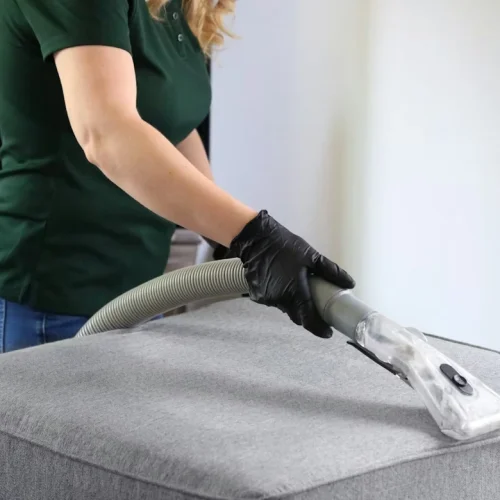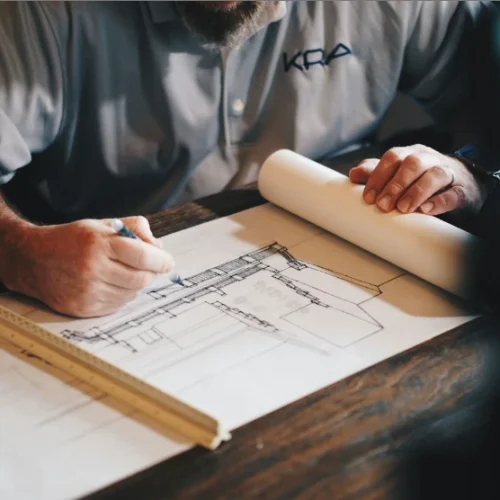
Relocating doesn’t have to be a messy or drawn-out process. A well-organized move saves time and keeps things manageable, especially if you’re headed somewhere new or juggling a tight schedule. If you’re relocating in or around Memphis, TN, a city full of culture, growth, and opportunity, you’ll want to take the local flow and logistics into account. Memphis blends fast-moving city zones with quieter historic neighborhoods, which can affect how you plan. Whether you’re moving solo or coordinating with a family, a thoughtful approach helps prevent setbacks.
Here are some practical ways to make your move smooth, efficient, and free from unnecessary stress:
Create a Moving Timeline That Works for You
A clear timeline gives your move structure and cuts down on last-minute scrambling. Begin by picking your ideal move-out and move-in dates. From there, plan backward. List major tasks like getting boxes, setting up utilities, and confirming transport. Then, assign realistic deadlines to each one. Aim to pack a little every day instead of rushing everything in one weekend. Factor in time for cleaning, elevator reservations (if needed), and setting up your new internet service. When you divide your move into weekly tasks, it becomes easier to track progress and spot delays early. This step-by-step method turns a long to-do list into a doable plan.
Why You Need Local Experience
Memphis has unique logistics that affect how moves play out. From tight downtown streets to older neighborhoods with limited parking, navigating the city without local insight can slow things down. That’s why moving services based in Memphis are helpful. If you want the move done efficiently, working with local movers in Memphis helps cut the guesswork and avoid avoidable issues. Some companies focus only on this area and understand the city’s routes, traffic patterns, and regional quirks. They offer packing help, loading and unloading, storage options, and same-day moves when needed. Their team can customize the entire process to suit your timeline and layout.
Declutter Before You Pack
Before you even tape a box, look through your stuff and decide what no longer fits your needs. This includes old clothes, duplicate items, and gadgets collecting dust. Set up piles to toss, donate, or sell. You’ll pack less, save money on transport, and unpack faster at your new place. Start with one room at a time to avoid feeling overwhelmed. If you haven’t used something in over a year, consider letting it go. Reducing what you carry not only lightens the load but also gives you a chance to reset and organize once you arrive at your new address.
Use Smart Packing Techniques
Good packing habits make a difference. Use sturdy boxes in different sizes, such as small ones for books and heavier items, and larger ones for lightweight items like bedding or kitchen tools. Wrap fragile items in towels or bubble wrap. Always label boxes with the contents and the room they go in. If you color-code your labels by room, unpacking becomes faster and more direct. Keep a few essentials (like scissors, tape, markers, and zip bags) in one open box. Don’t overload anything. Heavy boxes are hard to carry and are more likely to tear. Pack early and often to stay ahead of schedule.
Protect Important Documents and Valuables
During a move, some items are too important to leave to chance. Birth certificates, passports, financial records, and valuable electronics should be packed in a clearly labeled bag or lockable container that stays with you. Don’t load them onto the moving truck. Use digital backups when possible, and photograph expensive or irreplaceable items before transport. You’ll want easy access to these if plans shift or delays happen. Keep this essentials bag in your vehicle or with a trusted person. By organizing critical items early, you remove a lot of stress from moving day and prevent the headache of lost documents.
Choose a Moving Date That Makes Sense
The timing of your move affects everything, from pricing to how smoothly it all unfolds. If you have flexibility, aim for a weekday rather than a weekend. Movers are often less busy during the week, and you may avoid extra costs. Also, try to stay away from peak seasons like summer and year-end holidays. In this city, events like music festivals or university start dates can impact traffic and availability. Check the local calendar to avoid those busy periods. If you’re renting, coordinate your date with your lease end. A carefully picked date reduces pressure and gives you more control over the overall pace.
Stay Organized With a Moving Folder
You’ll be juggling a lot, like confirmations, contact numbers, service details, and receipts. Keep it all in one place. A dedicated moving folder (digital or printed) helps you stay on top of it. You can track deadlines, keep moving quotes, and jot down changes as they come up. Include utility transfer dates, donation receipts, and any instructions from your building or landlord. If you’re using moving help, file the agreement and checklist here, too. When everything’s grouped together, you won’t waste time hunting for details. It also helps if you need to follow up with a provider after the move is complete.
Prep the New Place Before Arrival
Before moving in, visit your new address and do a walk-through. Wipe down cabinets and shelves. Check for working outlets and lights. If repairs were promised, confirm they’re finished. If you’re setting up cable or internet, this is the right time to schedule it. You’ll also want to make sure that large items like couches or appliances can fit through hallways or doorframes. If it’s your first time seeing the layout fully empty, sketch a rough furniture plan. Taking care of these steps early helps you settle in quickly and prevents you from opening every box just to find soap.
Moving isn’t just about getting things from one location to another. It’s about feeling confident every step of the way. When you prepare with intention, you save time and stress. This city has its own character and pace, so working with services that know the city and using practical strategies can make a real difference. From decluttering early to packing smart and staying organized, each step brings you closer to a better start in your new environment. Keep your priorities clear, your essentials close, and your attitude flexible. That’s the simplest way to move forward without losing your peace of mind.













